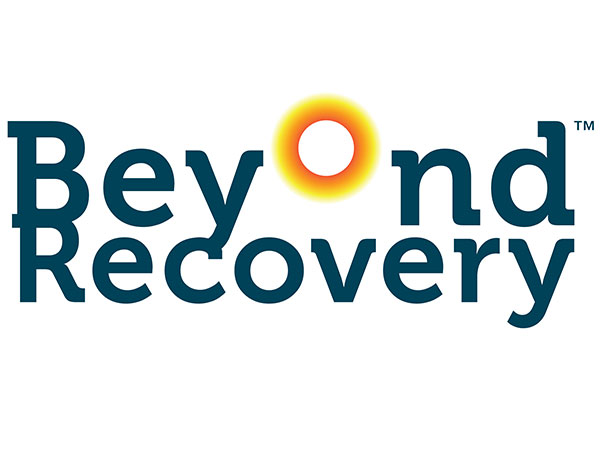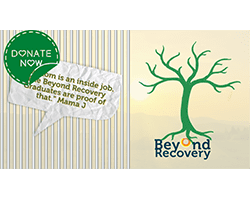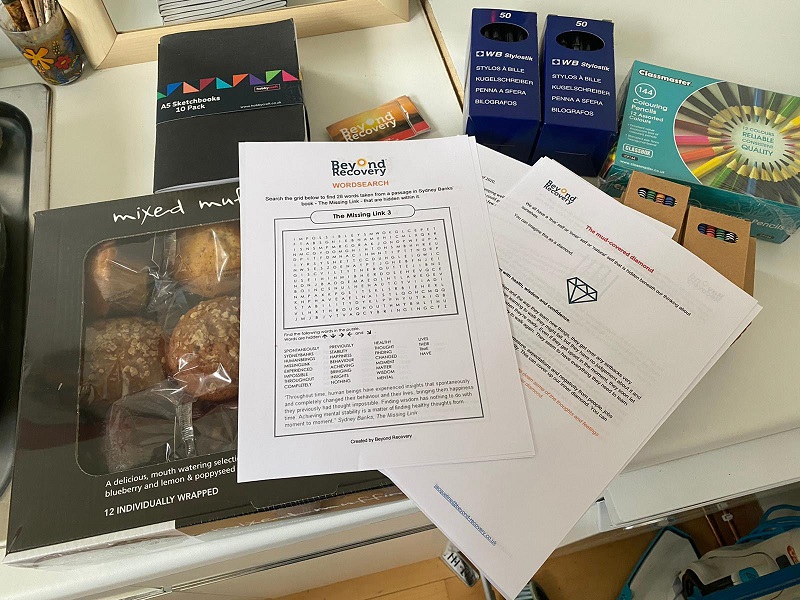The entire Beyond Recovery team is committed to finding new ways to work with prisons during the Covid-19 lockdown. Staying connected with the men and women in prison and ensuring they feel supported is top priority for the social enterprise.
We’re in this together
The message that “we are all in this together” is getting through to most people in the UK. However, the impact of social distancing measures or the need to self-isolate is clearly greater for more vulnerable members of society. For example, it is considerably more difficult for prisoners and prison staff to observe social distancing rules. Prison cells, landings and communal areas are not suited for such large numbers of people to stay two meters apart.
Most of us are blessed with the option of taking daily exercise outside and using readily-available technology on our smartphones or tablets. It is easy to stay in touch with our friends, family and loved ones. But this isn’t the case for everyone.
The 80,000 men and women currently in prison in England and Walesdon’t have the option to take long walks or participate in video chats, of course. As the Coronavirus sweeps the country, more Prison Officers and staff members must self-isolate. So prison regimes are inevitably becoming more restrictive, with people being locked up for 23 hours a day in many prisons.
Supporting vulnerable people in prison
Thankfully, organisations like Beyond Recovery are finding ways to support prisoners at a time when direct contact is not possible. The mental health programmes run by Beyond Recovery runs in prisons – including HMP Onley and HMP Nottingham – support those who are hardest to reach.
Jacqueline Hollows, founder of the social enterprise, said of the ground-breaking, impactful work they carry out:
“Our small but dedicated team of facilitators and volunteers have run numerous programmes that have had a transformational impact on hundreds of people – both inside and outside of prison. Our work points towards the fact that mental health is innate. It doesn’t deal with the symptoms but goes to the very source of the problem – a misunderstanding of how we experience life as human beings.”
“By understanding that mental health is within every one of us, our feeling of wellbeing naturally increases. This leads to, and is evidenced by, reduced anger, violence, self-harm, anxiety and self-medication. In our experience, there is also a consequential reduction in re-offending.”
Finding new ways to work with prisons
Jacqueline went on to explain: “The challenge we have faced since the Coronavirus outbreak is being unable to carry out our work in the normal way. We can’t go into the prison and work with the guys in groups or one-to-one. They need our help and support more than ever, so we are looking at developing new ways of doing this.
“Everybody involved with Beyond Recovery has written letters to the men who have taken part in our programs. They have already been impacted by our work and it’s important to stay connected. We have put together activity materials, called ‘Beyond Packs’, that can benefit them all. The packs give people something to do while they’re locked up for longer than usual. They also remind them of the key principles of the work we do with them. The packs have proved to be very popular and have been taken up by several prisons in the UK. They’ve even reached New Zealand!
“This is just the start. We are now exploring other ways we can reach people in prison. For example, via the prison TV and radio channels, or by running digital courses to work within the prison regime. Just because these men and women have committed a crime which has resulted in them being in prison, doesn’t mean we shouldn’t make their wellbeing and rehabilitation a priority. We need to ensure they are not forgotten at this time.
“When we get the opportunity, we also look to work with the prison staff to support their wellbeing. They do such an amazing job normally, let alone during these challenging times”, Jacqueline concluded.
Understanding the impact
Everyone in the UK is being asked to disrupt their lives in such a profound way currently. It is, therefore, vital to recognise that these changes can have a significant impact on the physical and mental health of many vulnerable people. Particularly those on the fringes of society. The unity we are seeing throughout all our communities is very encouraging. Organisations like Beyond Recovery, which is committed to finding new ways to work with prisons, will continue to play a vital role.
You can read more on this story here: https://www.breakingnewstoday.co.uk/ground-breaking-social-enterprise-continues-its-work-in-prisons-during-covid19-lockdown


